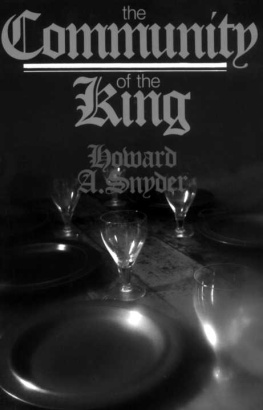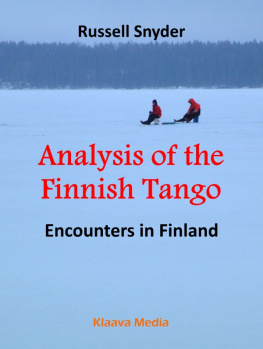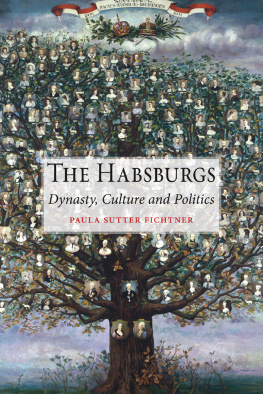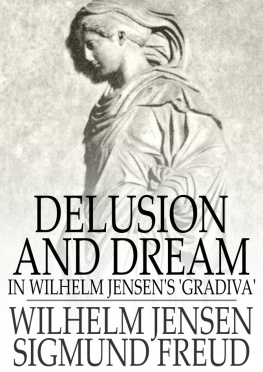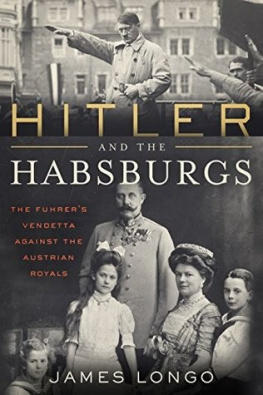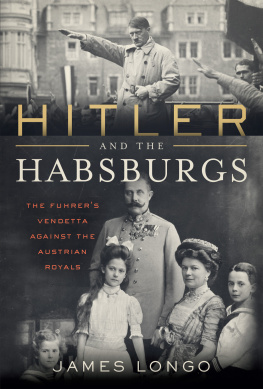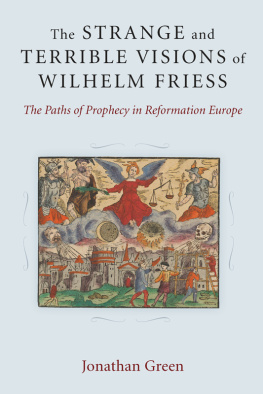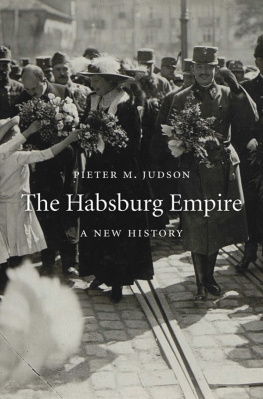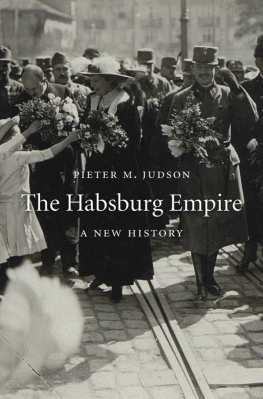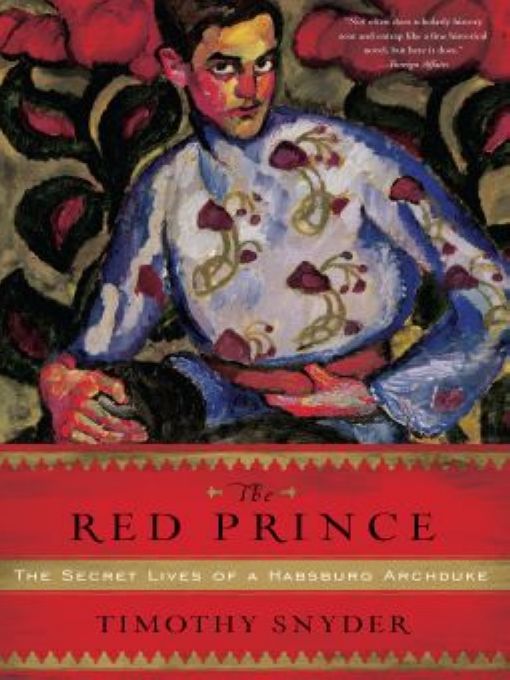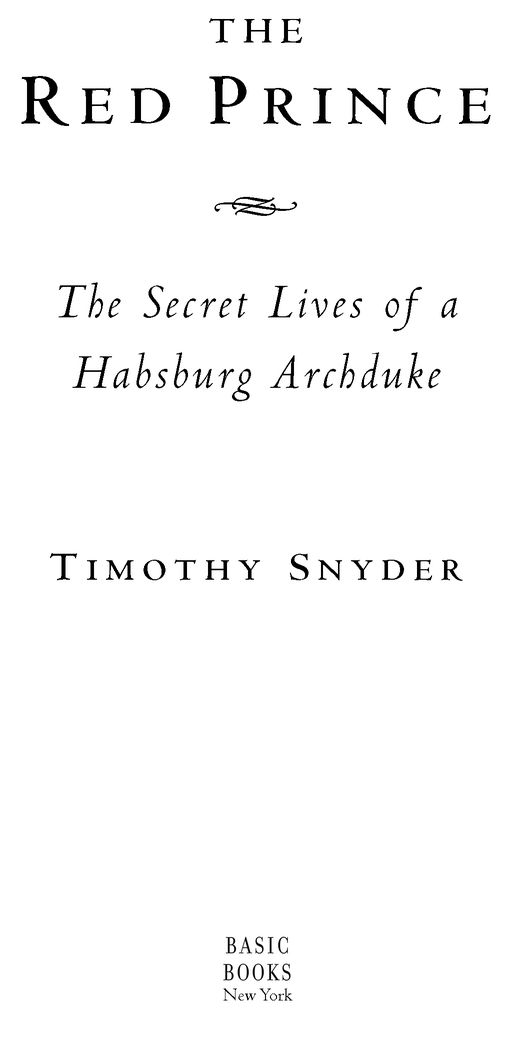Table of Contents
Praise for THE RED PRINCE
The books real triumph is how it carries the reader from the gilt and pomp of the nineteenth century; through the dawn of a new century in war, the salacious lives of the high-born royal outcasts in 1930s Paris, and the shadow politics of Nazi Germany; and ultimately to the crushing weigh of Soviet occupation in postwar Eastern Europe. Snyder embeds all of this in a shrewd, sharp framing of the larger history before and during Wilhelms life, ending with thought-provoking reflections on the links to the present.
Foreign Affairs
Snyder conveys the flamboyance of Wilhelms life, and its underlying sadness. Wilhelms political associations were sometimes unsavory, but Snyder makes them understandable by placing them in historical context; this aristocrat and monarchist emerges as surprisingly sympathetic, his devotion to the Ukrainian cause heartfelt rather than merely opportunistic.... In The Red Prince, a lost chapter of history becomes vivid and pertinent to our own times.
Boston Globe
Snyders portrait of the Habsburgs in all their eccentricity is a delight.
Sunday Times (UK)
Unlike novelists, historians are not usually inclined to humor or absurdity. A few jokes are allowed, but most historians of late Austria-Hungary dissect the empires various national conflicts, ponder the political machinations of the time, and debate the causes of its dissolution. With a certain amount of bravado, Timothy Snyder, a Yale historian who specializes in Europes eastern borderlands, has now bucked that tradition. His new book, The Red Prince, is in a deep sense not humorous at all: it ends in profound tragedy. But it is a book about a fundamentally silly manthough one whose escapades, both humorous and tragic, are emblematic of his era.
New York Review of Books
Timothy Snyder is a brilliant storyteller.
The Telegraph (UK)
Snyder is probably the most intelligent and sensitive historian working on East Central Europe today, and he is eminently fitted for the task of telling this tale. He has unearthed a wealth of unknown material and fascinating detail.... A wonderful book, a gripping read full of surprises and memorable vignettes, which fills a gap in our knowledge and provides an accessible introduction to a badly neglected area of European history.
The Spectator (UK)
Snyders biography brilliantly baits his readers with a glittering subject to teach them historical and political truths about 20th-century Europe.
The Times (London)
Just occasionally, a book comes along that is simply not long enough. If you like European history, you will long for [The Red Prince].... A hugely stylish and flowing narrative.... Essential reading for historians of the period.
The Sunday Tribune (IR)
Timothy Snyder is one of the most remarkable and original historians of Eastern Europe of his generation. His work commands our attention.
Timothy Garton Ash, author of Free World
and The Polish Revolution
Timothy Snyder has already shown that he has a masterly intellectual grasp of complex issues such as the identity problems of Central and Eastern Europe. He now demonstrates that he can tell a good tale: lucidly, briskly and seductively. The Red Prince delves into areas of history with which most western readers will be unfamiliar. In consequence, it educates as it informs as it entertains.
Norman Davies, author of No Simple Victory:
World War II in Europe
Here is a master historian at workpatient, determined, scrupulous and smart. And how many times a year am I told a story that Ive never even heard of? Not often. So, caution, highly addictive! And now I plan to read his othersand you will too.
Alan Furst, author of The Polish Officer
and The Foreign Correspondent
The Red Prince must be devoured by anyone who has any interest in the history of Central and Eastern Europe. But the radius of this book ought to reach beyond that. This is a radiant combination of stunning research, worldly knowledge, and good writing. A very rare achievement.
John Lukacs, author of Five Days in London
One of this countrys most talented and innovative historians.
Niall Ferguson
The Red Prince is more than a biography of the little known Wilhelm Habsburg. Timothy Snyder, a prominent Yale University historian, weaves the story of the archduke and his family into the rich canvas of European history. Were it not for a most impressive array of sources and a scholarly apparatus, the book could almost qualify as a vie romance.
Journal of Cold War Studies
Snyder deftly handles the still-thorny questions about national and sexual identity embodied in this single, remarkable life.
Kirkus Reviews
For I. K., for T. H., for B. E.,for those that came before,and those that may come after.
This life, your eternal life!
NIETZSCHE
Prologue
ONCE UPON A TIME, a lovely young princess named Maria Krystyna lived in a castle, where she read books from the end to the beginning. Then came the Nazis, and after them, the Stalinists. This book is the story of her family, and so it begins with an ending.
An hour before midnight on the eighteenth of August 1948, a Ukrainian colonel lay dead in a Soviet prison in Kiev. He had been a spy in Vienna, working first against Hitler during the Second World War and then against Stalin in the early cold war. He had eluded the Gestapo, but not Soviet counterintelligence. One day the Ukrainian colonel told colleagues that he was going out for lunch, and he was never seen in Vienna again. He was kidnapped by Red Army soldiers, flown to the Soviet Union, and interrogated beyond endurance. He died in the prison hospital and was buried in an unmarked grave.
The Ukrainian colonel had an older brother. He too was a colonel, he too had resisted the Nazis. For his courage, he had spent the war in German prisons and camps. The torturers of the Gestapo had left half of his body paralyzed and one of his eyes useless. Returning home after the Second World War, he tried to claim the family estate. The property was in Poland, and the older brother was Polish. Having been seized by the Nazis in 1939, the estate was confiscated again by the communists in 1945. Knowing that his family had a German background, his Nazi interrogators had wanted him to admit that he was racially German. This he had refused to do. Now he heard the same argument from the new communist regime. He was racially a German, they said, and so had no right to land in the new Poland. What the Nazis had taken, the communists would keep.
Meanwhile, the Polish colonels children were having problems adapting to the new communist order. In applications to medical school, his daughter had to define the familys social class. The options included working class, peasantry, and intelligentsiathe standard categories of a Marxist bureaucracy. After a long hesitation, the puzzled young lady wrote Habsburg. This was true. The medical school applicant was the young princess, Maria Krystyna Habsburg. Her father, the Polish colonel, and her uncle, the Ukrainian colonel, were Habsburg princes, descendants of emperors, members of Europes grandest family.




